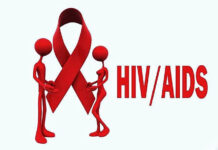Pornography, though easily accessible online, can negatively affect mental, emotional, and relational health.
Mental Health: Watching porn frequently can lead to addiction, making it hard to control the urge to watch more. This can interfere with daily life, work, and relationships. It can also cause anxiety and depression, as people might feel they don’t measure up to the unrealistic bodies and scenarios they see.
Brain Changes: Over time, heavy porn use can alter brain function, making normal activities less enjoyable and requiring more extreme content for the same excitement. It can also affect memory and concentration.
Relationships: Porn often shows a distorted view of sex, focusing on physical pleasure rather than emotional connection. This can lead to unrealistic expectations in real-life relationships, reducing intimacy and causing conflicts. It can also increase the risk of infidelity and divorce.

Physical Health: For younger men, frequent porn use is linked to erectile dysfunction because their arousal becomes dependent on specific visual stimuli. Both men and women may develop negative body image issues, feeling dissatisfied with their own bodies.
Society: Porn can normalize aggressive and non-consensual behavior, impacting societal views on consent and respect. Young people exposed to porn may develop harmful attitudes and expectations about sex and relationships.
While porn may seem like harmless entertainment, it carries risks for mental health, relationships, and society. Open conversations and education about these risks can help individuals make healthier choices.




